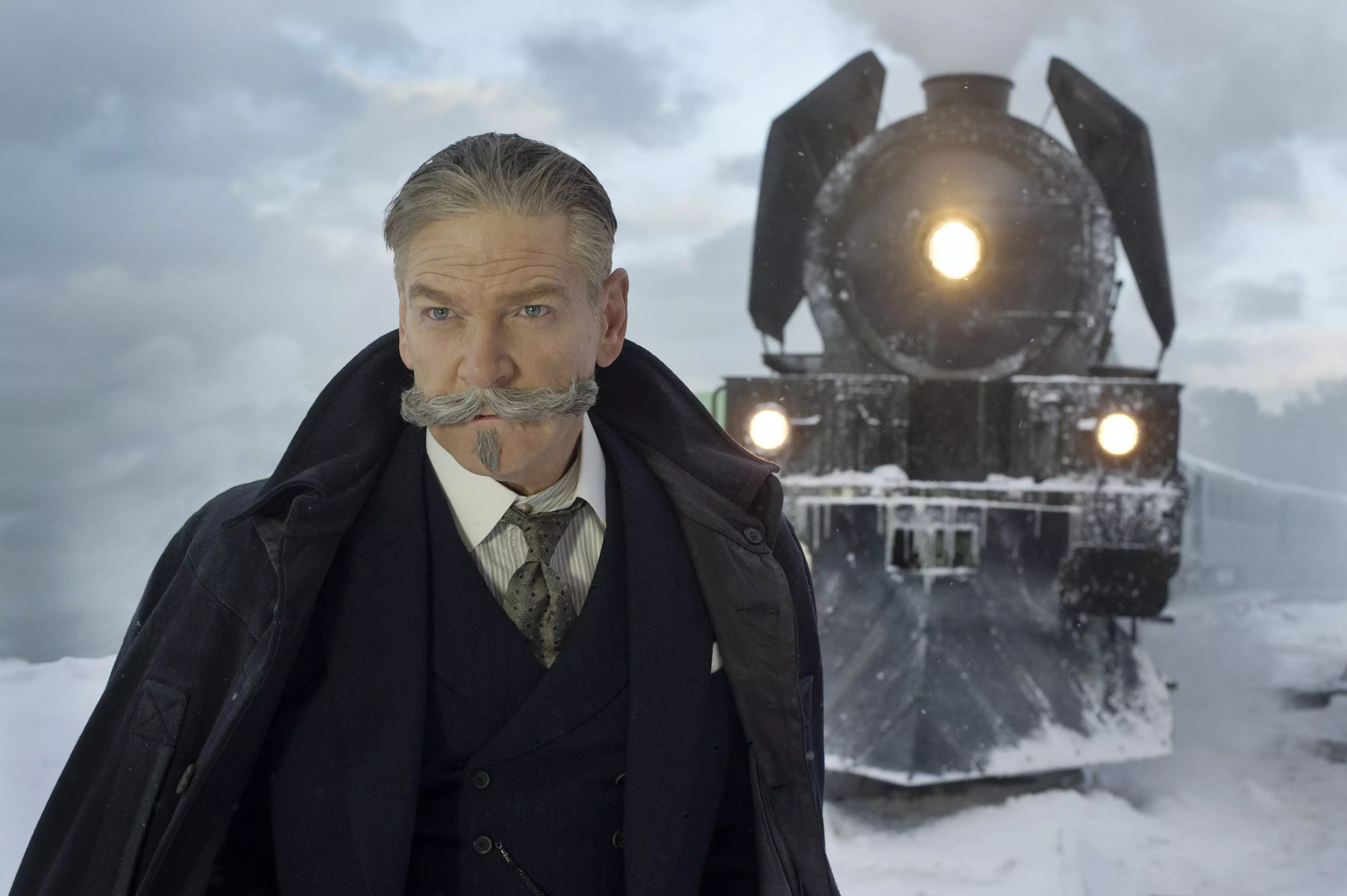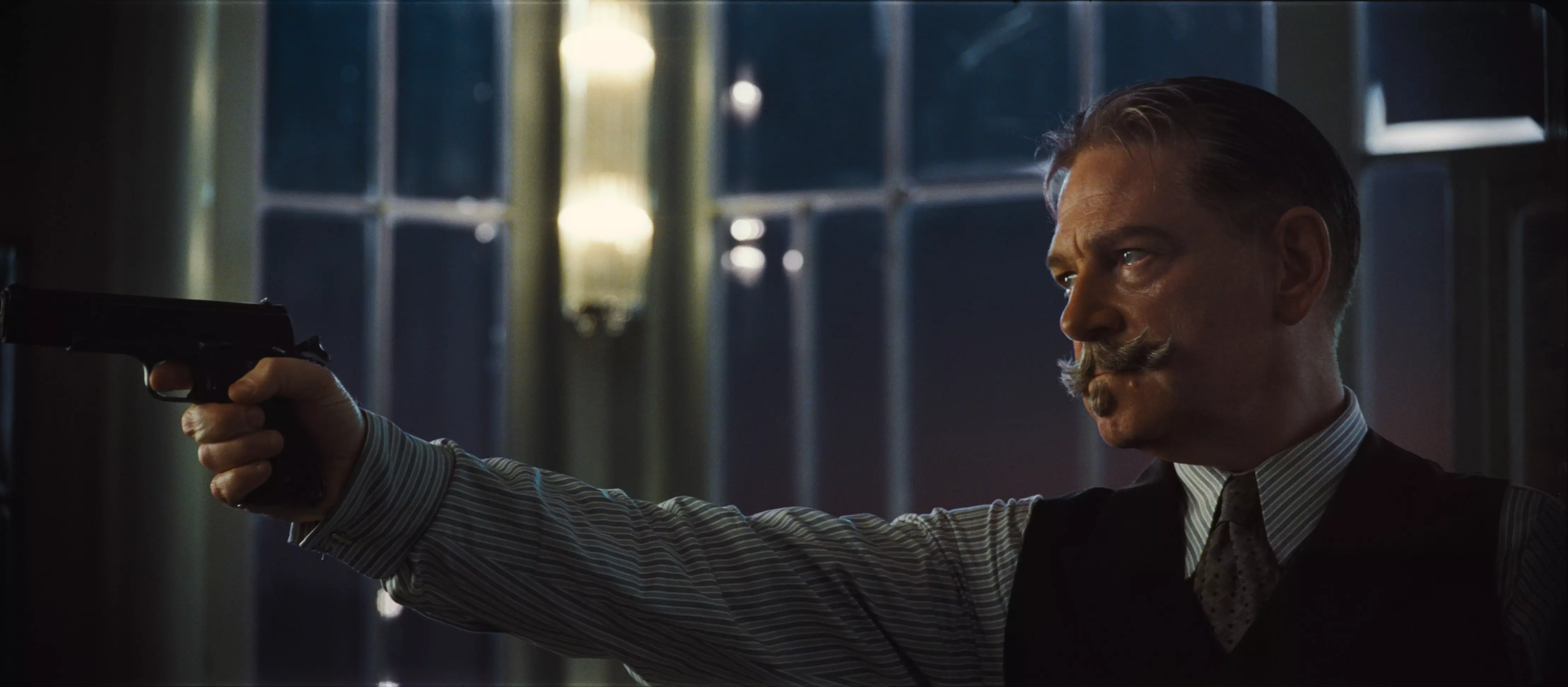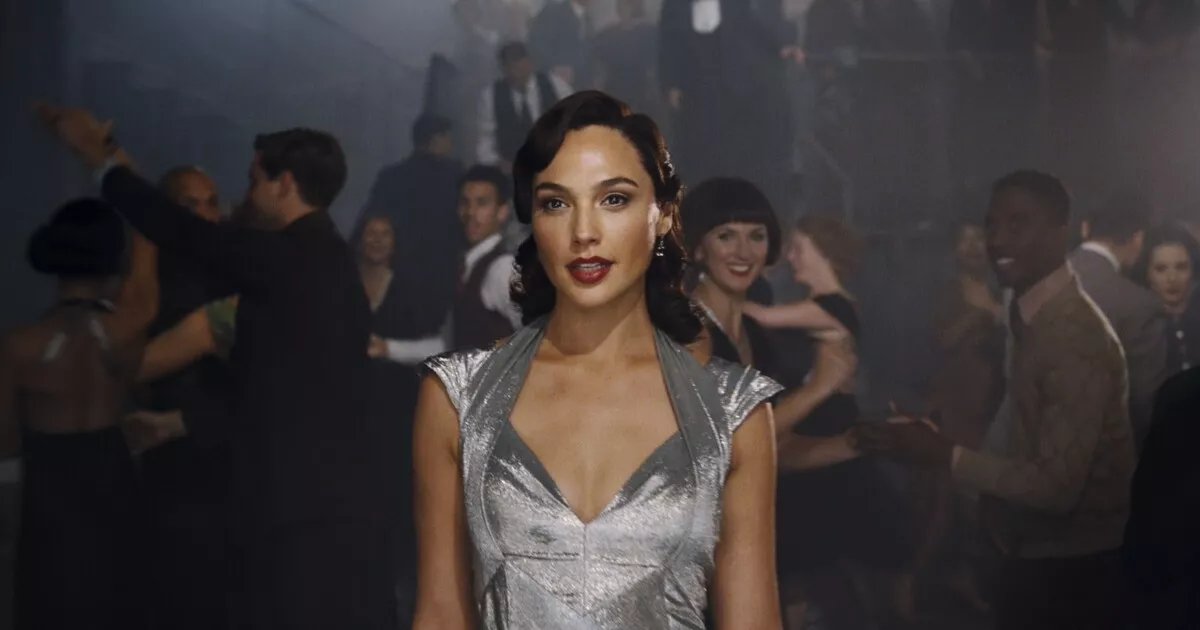As a fan of Agatha Christie, the well-known writer of detective novels, I never miss any adaptations of her works. In 2017, I rushed to see Murder on the Orient Express, directed by and starring Kenneth Branagh, as soon as it hit theatre screens. While Branagh's adaptations capture the essence of Christie's story that captivates modern audience, I have some concerns about the changes made, especially the alterations to the character of Hercule Poirot portrayed by Branagh. Death on the Nile, another adaptation by Branagh, has received even more criticism. The recent release of A Haunting in Venice, although considered by some as the best in Branagh's Poirot franchise so far, still fails to fully satisfy the fans and deviates even further from Christie's original meticulous style compared to the previous two adaptations. As the series' producer, James Prichard, revealed that there are more films to come in Branagh's Poirot version, I would like to share my sincere opinions in the hope of making Branagh's future Poirot films even more thrilling.
Let Go of Poirot's Mustache Please
Apparently, the Branagh's Poirot franchise has focused too much on Poirot's mustache. After appearing in 33 novels and 51 short stories, this famous detective from Belgium, along with his distinctive mustache, has become a cultural icon. Christie used various descriptions for Poirot's mustache, including "huge," "magnificent," "dignified," and even more specific depictions like "two points of an upward-curled mustache." While most previous works gave Poirot a smaller elegant handlebar mustache, I don't think it's unreasonable for Branagh's Poirot to have a larger-than-life handlebar mustache. Instead, I see this as Branagh's attempt to bring innovation when adapting Poirot's detective stories for the big screen.
The problem is that even current audiences don't need to know why Poirot keeps his extravagant and exaggerated mustache in the first place. The enjoyment for readers and viewers comes from solving intricately designed cases with Poirot. His intelligence and insight,not his personal growth, are what make him charming. Hence, when Death on the Nile starts by introducing Poirot as a soldier injured in World War I and had to grow a mustache to cover his scars, much of Poirot's mystique and uniqueness disappears. The decision for Poirot to shave off his iconic mustache at the end of the film to pursue Mrs. Otterbourne also goes against the established traits of the fictional character. It's hard to believe that the proud and somewhat narcissistic Poirot would be willing to prove himself to others or seek love in this manner. Overall, Branagh's emphasis on the mustache to Poirot in this series is unnecessary and out of character. I sincerely hope that in future Poirot films, Branagh will not focus on Poirot's mustache. If Poirot's mustache needs to be featured, it would be better to use it to illustrate Poirot's pursuit of order and quality of life.

Stop Including Action Scenes for Poirot Please
Branagh's Poirot not only has an excessively exaggerated mustache, but he is also the first Poirot character I remember who participates in action scenes. While changing the mustache only affects Poirot's appearance, adding action scenes significantly alters Poirot's character. Christie intentionally kept Poirot's origins unclear, but based on the descriptions in the novels, we can infer that when Poirot first appeared in the initial edition of The Mysterious Affair at Styles in 1920, he was likely around 50 years old. Therefore, in Death on the Nile, when Poirot appears as a young soldier in World War I, we understand that Branagh's Poirot is much younger than the original Poirot in the novel. However, age alone cannot justify giving Poirot action scenes. Whether Poirot would resort to violence in solving cases is closely connected to his life philosophy and his character traits.
In novels and most films and TV shows featuring Poirot as the main character, Poirot demonstrates traits of wisdom, orderliness, and a keen ability to perceive the subtle aspects of others' psychology. He enjoys a fashionable and comfortable lifestyle, paying great attention to his attire, and posses a form of narcissism that is not unlikable. He takes pride in his "little grey cells," with which he consistently solve mysteries and gain insights into human nature. He is against violence and refrains from using any violent means in his investigations.
However, Branagh's portrayal of Poirot in Death on the Nile and A Haunting in Venice blurs the unique qualities of this famous detective, known for his intelligence and wisdom, by introducing action sequences. In these films, Poirot appears more like a hardboiled detective from Raymond Chandler's novels. Contemporary audiences still expect to see Poirot's brilliance in Branagh's films. While action scenes may add excitement to the story, they ultimately compromise the core traits of the character, which is not worth the candle.

Be Cautious about Casting A-listers
One important aspect of Branagh's Poirot franchise is that nearly every member of the cast is a famous actor. Christie's detective novels are renowned for their numerous main characters and intricate relationships, with Murder on the Orient Express receiving particular praise. Therefore, when Branagh chose to assemble a group of well-known actors/actresses to bring this famous story to the screen once more, both critics and audiences found it understandable. However, I believe that casting Johnny Depp as the villain Ratchett, a character with limited screen time and room for development, is somewhat an overkill. Death on the Nile also showcases a cast filled with stars, with Gal Gadot and Armie Hammer being particularly noteworthy. However, the film deviates from the original story and character settings to such an extent that the complexity of the victims and culprits portrayed by the stars is completely lost.
I won't dwell much on the scandal of Hammer and how it has negative impacted the film. What I find hard to accept is that Gadot and Hammer's performances in this movie are not strong or convincing. This is also related to the character design in the film. The role Linnet played by Gadot is no longer the annoying rich girl as depicted in the original story. Instead, she is portrayed as a wealthy, beautiful, and somewhat naive woman. As a result, the dramatic tension and suspense of this classic mystery story are completely lost. The identity of the killer no longer requires Poirot's thorough investigation, as the audience can't see any motive for her murder other than conflicts arising from a relationship.
In A Haunting in Venice, Jamie Dornan's performance and the character he plays also suffer from similar issues. Through his acting, the audience fails to perceive his inner pain or his love for Mr. Drake (played by Kelly Reilly). Instead, he comes across as a strange unskilled doctor.
It is indeed a strategic choice to cast popular actors in a movie for the sake of filmmaking and box office performance. However, we must acknowledge that when famous stars are cast in underdeveloped roles, it may attract attention, but it also magnifies the problem of character development. If an all-star cast can be combined with well-rounded character portrayals and compelling ensemble scenes, the future of the Poirot series will undoubtedly be promising.

Branagh Could Prioritize Playing Poirot
I have no doubt about Branagh's directing ability, given his two Best Director Oscar nominations and success with commercial films like Thor and Cinderella. However, considering the feedback received for the three Poirot films, I start wondering if Branagh's dual role as director and lead actor in medium-budget films might somehow impact his ability to excel in both roles. Since Branagh's portrayal of Poirot has already introduced a fresh interpretation of the character to a new generation of audiences through three films, it might be worth considering that in the next Poirot installment, he focuses solely on playing this Belgian detective and leaves the director's role to someone else. Perhaps the new division of responsibilities can ensure a consistent performance style while also allowing for further exploration in the storyline and character development of this series.
As a fan of Agatha Christie's novels, I am eagerly looking forward to more Poirot films. My suggestions to enhance Branagh's Poirot franchise and make it more exciting are:
- Undermine portrayals of Poirot's mustache
- Avoid including action scenes for Poirot
- Be careful when casting well-known actors/actress
I also recommend that Branagh, who directed and starred in the films, focuses on delivering exceptional performances. If you have any ideas for this series, please share them in the comments section.








Share your thoughts!
Be the first to start the conversation.